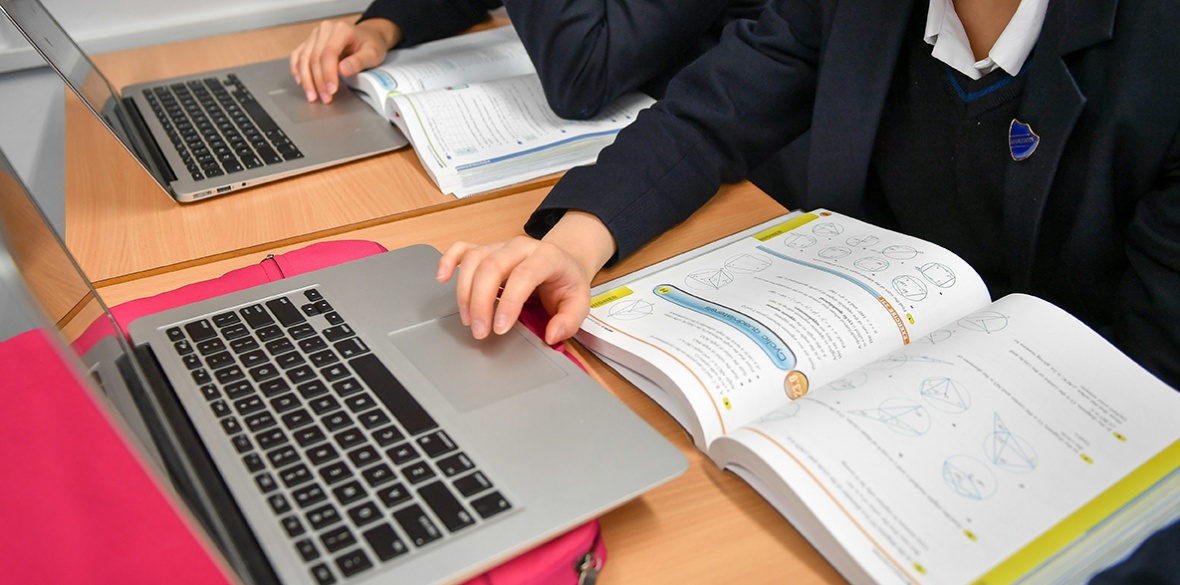LABOUR’S demand that the government accelerate provision of laptops and broadband to the 1.8 million children who lack access to a home computer should place inequality centre-stage.
The pandemic has exposed deep-rooted structural injustices of sex, race and class that determine the life chances of Britain’s people.
These issues have coalesced in the last week around schools.
After rubbishing education unions’ calls for a shift to online learning to suppress virus transmission, the government caved on the first day of the new term.
While it was a very significant victory for public safety won by the education unions, the last-minute U-turn maximised the stress and chaos for working parents and school staff.
Yet the benefit of the win is compromised. Turning schools into Covid-safe environments means getting the numbers down, yet the Department for Education now says that children who don’t have computer access are designated “vulnerable” and should go in.
This would dramatically increase the household mixing in schools, placing the families concerned at higher risk of contracting the virus.
The families without computers are likely to be the poorest families, failed again by the British state.
Again it is teachers, through unions like the National Education Union, who are looking at how to deliver effective teaching in new circumstances with little or no help from government.
Keir Starmer is right to call out the Tories’ lack of contingency planning for the eventuality of school closures, although Labour too should have raised the question much earlier.
Our political class is running out of excuses. Even in the first lockdown, the government’s claim that it was responding to an unpredictably developing situation was disingenuous: it could have learned from the experiences of countries from China to Italy that were hit before us, but it did not try.
Now we are in a third lockdown.
The government promised to supply schools with equipment to allow pupils to learn remotely last summer.
In October it informed schools that the number of laptops they had been allocated had been slashed by around 80 per cent.
The need was obvious eight months ago — as was the need for fast and reliable internet access, the “broadband communism” dismissed as an unrealistic gimmick when it formed part of Labour’s 2019 manifesto.
Behind these failures is an approach to the pandemic that fixates on our going “back to normal” afterwards — one that, from a reluctance to undermine the status quo, turns down opportunities to address longer-term economic and social problems.
It’s an old saw that a crisis is an opportunity, but it’s true. China’s response to the 2008 financial crash involved investment in massive infrastructure projects (such as high-speed rail) and subsidies for electronic appliances, from toasters to fridges, for rural citizens because of the downturn in international demand.
Not only did it stave off recession, it emerged with better transport infrastructure and a higher quality of life for millions.
In Britain, social problems forced onto the government’s agenda by World War II led to the Beveridge report. Its proposals sparked a national conversation about the type of society we wanted — William Beveridge even penned an exclusive series of articles in our forerunner the Daily Worker for this purpose — which led, following Labour’s election in 1945, to the establishment of the welfare state.
That’s a conversation we should be having now, addressing the many ways in which the pandemic has intensified existing structural inequalities.
It cannot be done merely by criticising the government’s performance — it must involve a positive vision for change that unites the labour movement around practical demands.
Two of those can be free, high-speed broadband — the investment in its delivery will itself provide jobs and reap dividends — and ensuring schools can provide laptops for every child.
Each would do its bit to see Britain emerge a better place from the pandemic than it went into it.











